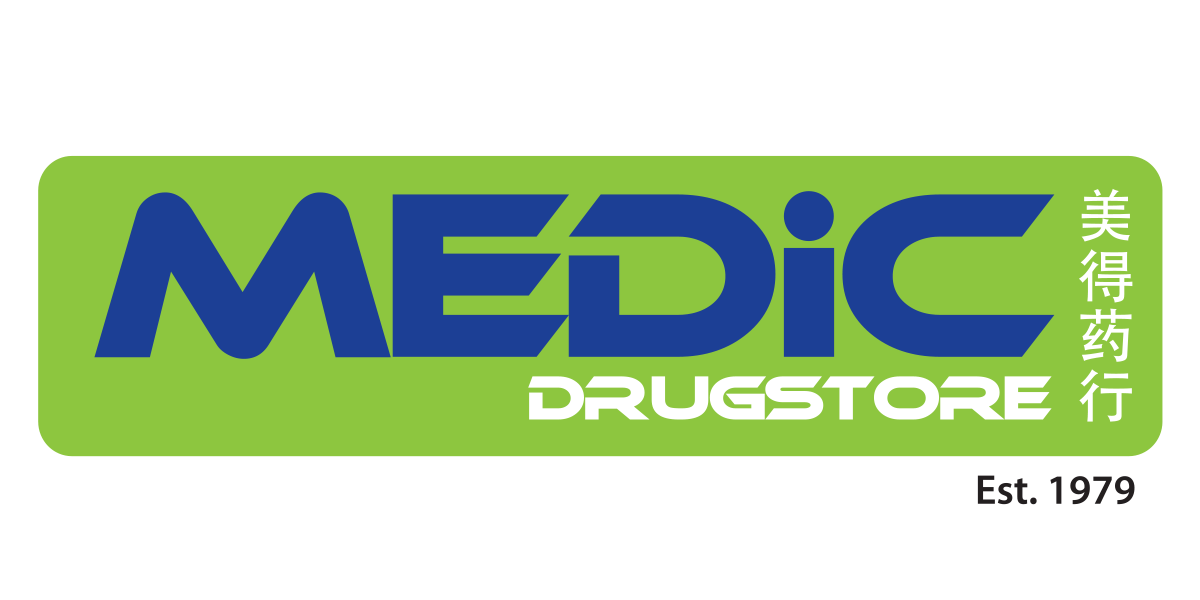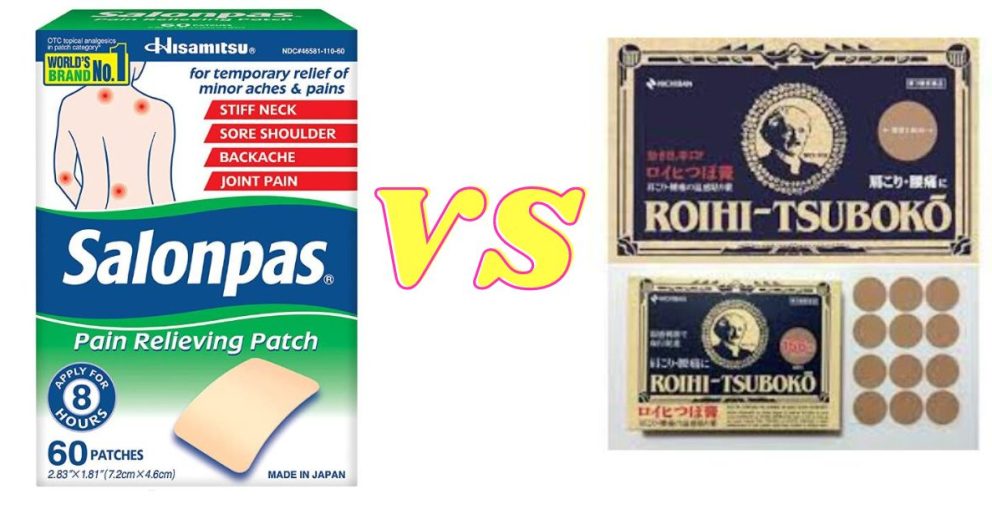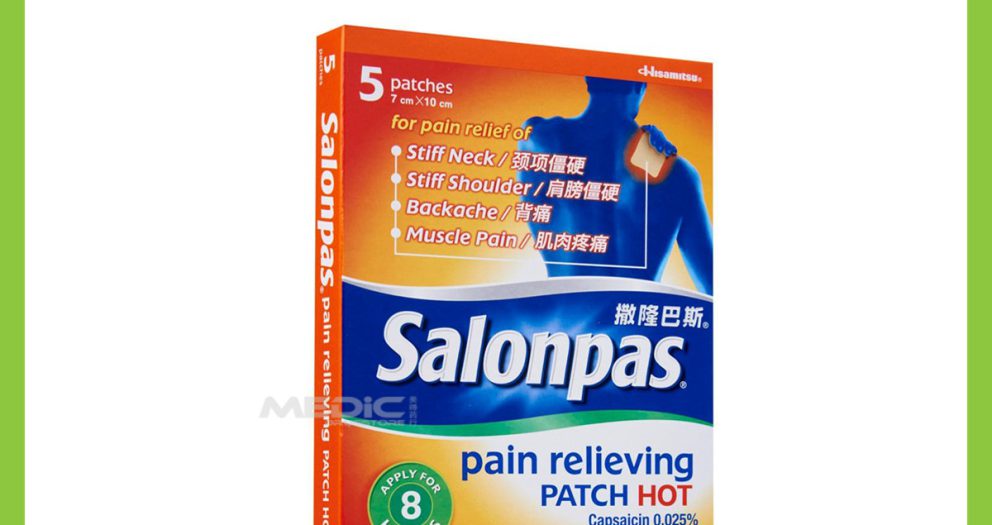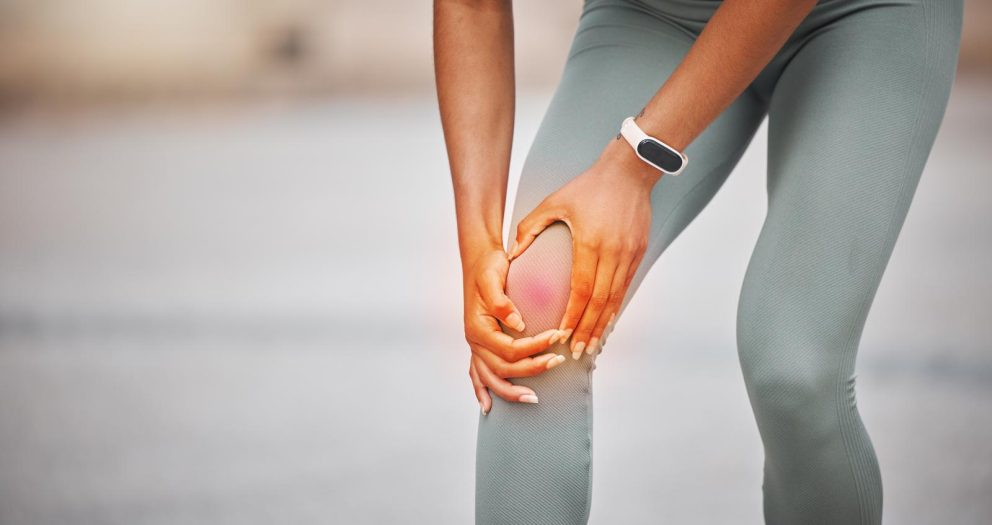Are you suffering from neck pain and wondering whether to use hot or cold therapy to alleviate the discomfort? You’re not alone.
Neck pain is a common ailment that affects millions of people worldwide. It can be caused by poor posture, injury, or degenerative conditions. When it comes to treatment, there’s a lot of debate about which therapy is better – hot or cold?
Ice packs and heating pads are effective in relieving neck pain. Ice reduces inflammation, while heat relaxes stiff muscles. For best results, alternate between ice and heat for 20 minutes several times a day.
But what about more severe neck pain? Can hot or cold therapy help in those cases? The answer is not as straightforward. So, what’s the best course of action? Let’s dive into the world of hot and cold therapy for neck pain and find out.
Causes of Neck Pain
Neck pain can arise from several sources, such as poor posture, injury, degenerative conditions, and other underlying health issues.
Poor posture
Poor posture is a common cause of neck pain that results from prolonged sitting, standing or hunching over a computer or mobile device.
Injury
Injury from accidents or overuse can also lead to neck pain, such as whiplash from a car accident, a sports-related injury or carrying heavy loads.
Degenerative conditions
Degenerative conditions such as osteoarthritis, herniated discs, or spinal stenosis can cause neck pain in older adults.
Other Conditions
Furthermore, underlying medical conditions, such as fibromyalgia, rheumatoid arthritis, or infections like meningitis, can also cause neck pain.
It is important to identify the cause of neck pain to determine the appropriate therapy and ensure effective pain management. Seeking medical advice from a qualified healthcare provider is recommended if neck pain persists or is accompanied by other symptoms.
Which Therapy is Better for Neck Pain?
The question of which therapy is better for neck pain – hot or cold – is a common one, and the answer largely depends on the underlying cause of the pain.
Cold therapy, such as ice packs, is effective in reducing inflammation and swelling in the affected area. It works by constricting blood vessels, which reduces blood flow and subsequently reduces swelling and inflammation.
Cold therapy is ideal for treating acute injuries or recent trauma that results in swelling and inflammation.

On the other hand, heat therapy, such as heating pads or warm showers, helps to relax stiff and sore muscles. Heat increases blood flow to the affected area, bringing oxygen and nutrients to the affected tissues and facilitating healing. Heat therapy is ideal for treating chronic conditions, such as muscle spasms or tension headaches.
For best results, a combination of both therapies can be employed, alternating between ice and heat therapy for short periods, several times throughout the day.
It is important to exercise caution when using heat therapy to avoid burns or worsening inflammation. Similarly, prolonged exposure to ice therapy may cause tissue damage or frostbite.
Seeking medical advice from a qualified healthcare provider is recommended to determine the appropriate therapy and ensure safe and effective pain management.
Other Ways to Alleviate Neck Pain
Aside from using hot or cold therapy, there are several other ways to alleviate neck pain. Here are a few:
- Maintain good posture: Poor posture can cause neck pain. Practicing good posture by sitting up straight, keeping shoulders relaxed, and avoiding slouching can help prevent and alleviate neck pain.
- Exercise: Strengthening and stretching the neck and shoulder muscles can help alleviate neck pain. Gentle exercises like neck rolls and shoulder shrugs can help to relieve tension and stiffness.
- Massage: Massage can help to alleviate tension and stiffness in the neck muscles. This can be done with the use of a foam roller, a massage ball or by seeking the services of a licensed massage therapist.
- OTC pain relievers: Over-the-counter (OTC) pain relievers, such as ibuprofen or acetaminophen, can help alleviate neck pain. It is important to follow the recommended dosage and seek medical advice if pain persists.
- Relaxation techniques: Stress and tension can contribute to neck pain. Relaxation techniques, such as deep breathing exercises, meditation, and yoga can help to reduce stress and tension, thus alleviating neck pain.
- Ergonomic modifications: Modifying your workstation or daily activities to reduce strain on the neck muscles can also help alleviate neck pain. For instance, using a headset instead of cradling the phone between the ear and shoulder or adjusting the height of the computer monitor to avoid tilting the head upwards.
In summary, there are various ways to alleviate neck pain. It is important to identify the underlying cause of the pain and seek medical advice if pain persists or is accompanied by other symptoms.
References
- American Academy of Orthopaedic Surgeons (AAOS): The AAOS provides information on neck pain and its causes, symptoms, and treatment options. They also provide resources on exercises, stretching, and other forms of therapy to alleviate neck pain. https://orthoinfo.aaos.org/en/diseases–conditions/neck-pain/
- National Institute of Neurological Disorders and Stroke (NINDS): The NINDS provides information on neck pain, including its causes, symptoms, and diagnosis. They also provide resources on treatment options, including medications and physical therapy. https://www.ninds.nih.gov/Disorders/All-Disorders/Neck-Pain-Information-Page
- American Physical Therapy Association (APTA): The APTA provides information on physical therapy for neck pain, including exercises, stretching, and other forms of therapy. They also provide resources on posture and ergonomics to prevent neck pain. https://www.choosept.com/symptomsconditionsdetail/physical-therapy-guide-to-neck-pain
- Mayo Clinic: The Mayo Clinic provides comprehensive information on neck pain, including its causes, symptoms, and treatment options. They also provide resources on lifestyle modifications, exercises, and other forms of therapy to alleviate neck pain. https://www.mayoclinic.org/symptoms/neck-pain/basics/definition/sym-20050882
- WebMD: WebMD provides information on neck pain, including its causes, symptoms, and treatment options. They also provide resources on lifestyle modifications, exercises, and other forms of therapy to alleviate neck pain. https://www.webmd.com/pain-management/guide/neck-shoulder-arm-pain#1






